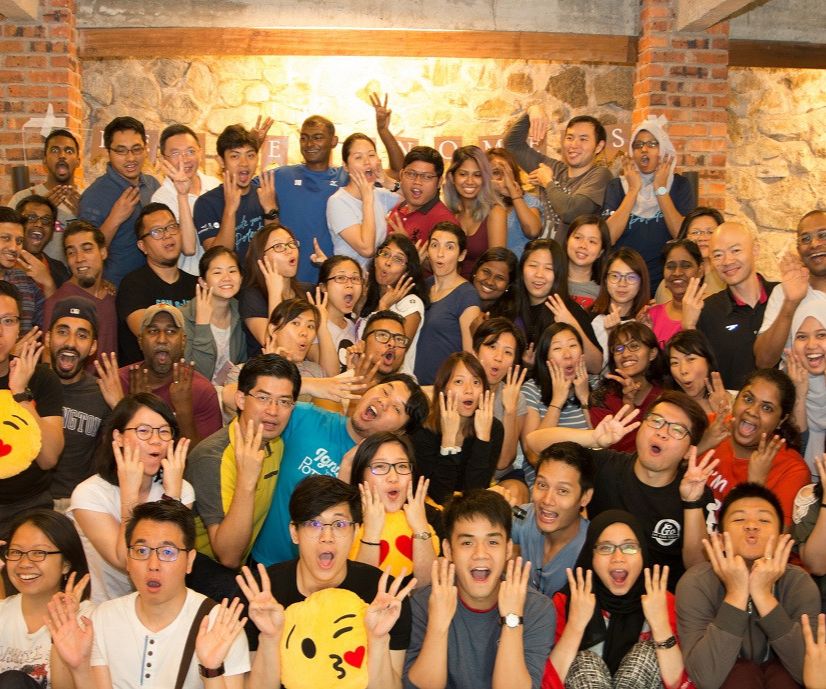HR’s POT: Perspective, Outcomes, And Transformation

Every few years there are public critiques about the field of HR (human resources): Why We Hate HR; It’s Time to Split HR; and It’s Time to ‘Blow-Up’ HR. Let me offer an alternative approach. Some prophets see what is wrong, tell the people they are damned and going to hell. Others see what is wrong and give them a pathway to heaven. I want to offer a positive view of HR’s value by discussing HR’s POT (not the normal “pot” or drug, but Perspective, Outcomes, and Transformation).
Perspective
HR does not start HR. In leading companies, HR shapes business value because HR starts with the business. The scorecard of good HR is the business scorecard. HR investments help deliver product innovation, geographic expansion, and customer intimacy growth strategies.
But beyond strategic HR where business strategy is a mirror in which HR reflects business goals; strategy can be a window so that HR work is being connected to external customers and to investor confidence (called HR outside in).
Customers are increasingly involved with staffing (sourcing and interviewing candidates), training (designing, attending, and teaching), performance management (doing 720 more than 360), and leadership (leadership brand). Investor confidence increases when they monitor quality of leadership through a leadership capital index assessing individual leaders and human capital systems.
Often those critiquing HR are like those who wonder why the 20-year-old telephone, computer, or television does not deliver against modern standards. The dated strawman of HR as an administrator of benefits or policy police is out of date. With an HR outside in perspective, HR starts and delivers customer and investor value.
Outcomes
HR is not just about talent. For 20 years, HR has been focused on talent (called labour force, workforce, employees, staff, and people). The war for talent has been the dominant metaphor for HR as fueled by the McKinsey study War for Talent.
Some want to change the name from “human resources” to “talent”. Leading organisations are now pivoting from an exclusive focus on war for talent to victory through organisation. Individuals are champions, but teams win championships.
I would advocate that there are three generic outcomes of great HR work: talent, leadership, and capability.
Talent audits mean that employees have the right competence (knowledge, skills, and abilities), commitment (behavioural engagement), and contribution (emotional engagement and meaning). Capability refers to the organisation which may be called culture, systems, process, or teamwork. Capability audits ensure that the organisation has the right systems and culture to meet stakeholder requirements.
Leadership bridges talent and capability. Employees (talent) will often do what leaders do. Leaders embody the culture or capability of the company and perpetuate it through their thoughts and actions. Leadership audits ensure that leaders at all levels make choices for future success.
Transformation
HR for HR has arrived. HR investments emphasise governance, practices, competencies, and analytics. HR governance is increasingly through professional services units within their organisations where HR experts turn their insights about people, performance, information, and work into line manager client value.
They deliver foundational work through HR technology and strategic work through business partnerships. Innovative HR practices have facilitated business results by focusing less on bureaucratic processes and more on simple and integrated solutions.
Complex performance appraisals are replaced with informed conversations which ensure accountability. Technology enabled hiring, training, and compensation help deliver the administrative work of HR so that more attention can be focused on strategic HR.
HR competencies ensure that HR professionals have the unique skills to deliver business results and demonstrate personal credibility. HR analytics have helped make HR investments that have business impact.
HR’s POT
After decades of research, we know how to invest in HR governance, practices, competencies, and analytics, so that HR shapes talent, leadership, and organisation outcomes which in turn deliver strategy which in turn build customer and investor value.
Reposted with permission on Leaderonomics.com
Functional
Tags: HR, Transformation & Change





